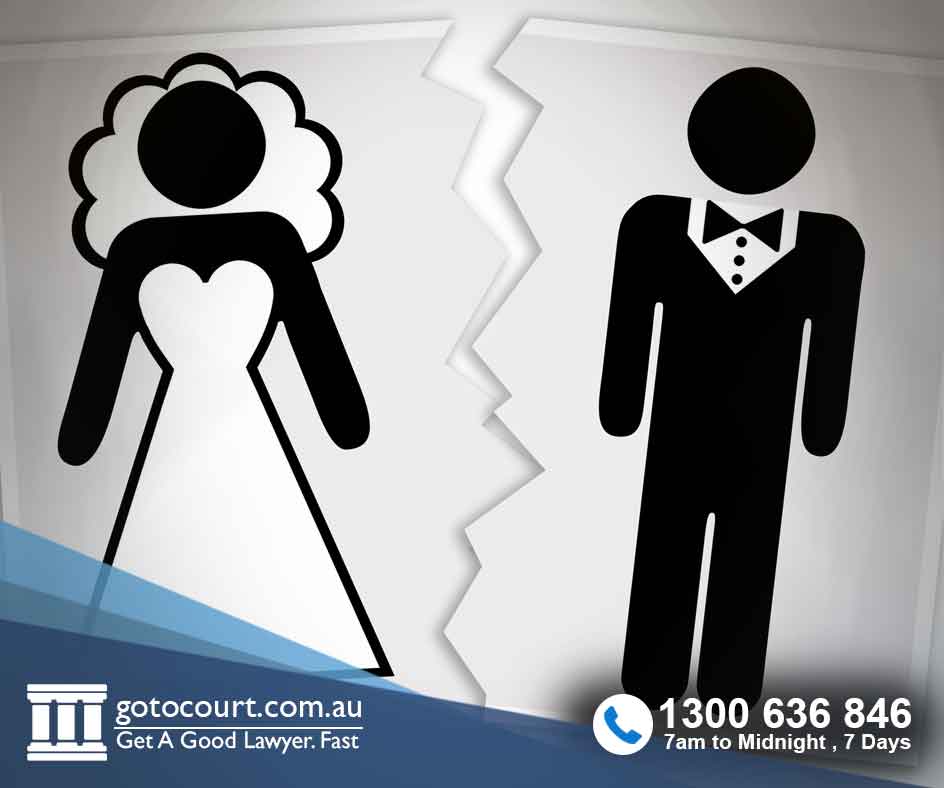Marriage Assets | Property Settlements
Marriage Assets | Property Settlements
Superannuation has been considered to be a marriage asset since 2003. It is part of the pool of marriage assets considered in the distribution, although it can only be accessed in accordance with the superannuation fund rules.
There are three ways that superannuation can be taken into consideration when dividing the property pool:
- The court may order that the person who has the benefit of the Superannuation scheme can have all of that benefit, and the monetary amount to which the non-member may have been entitled under the split is added to the share they receive in other assets (for example, in a greater share of the home).
- The court may make a ‘Splitting Order’. The Superannuation fund of the contributing member is split between the parties at an agreed percentage or amount.
- The court may make a ‘Flagging Order’. The agreed amount is given to the non-member spouse when the Superannuation Fund is able to be accessed.
How does the court divide the marriage assets?
Ultimately, the court must make an order that it considers is fair and reasonable in all of the circumstances. Once the court has found out what assets there are to distribute, they will look at the contributions made by each of the parties towards getting, maintaining and conserving them.
The Court will essentially use a three step process in working out how to distribute marital assets:
- It will consider the value of all of the assets and any liabilities, and find what is left after the payment of those liabilities.
- The court will look at the contributions made by each party towards getting and looking after the marital assets. There are three things they consider here:
- Direct financial contributions.
- Non-financial contributions made either directly or indirectly on behalf of the party to the marriage or a child of the marriage, such as repairs and maintenance of the home.
- Contributions to the families’ welfare, including any contribution made in the capacity of a parent and/or home-maker.
- Finally the court must look at the factors set out in section 75(2) of the Family Law Act 1975 (Cth) which looks at the needs of the parties. This includes things like the amount of time for which each will have the care and control of a child or children under the age of 18, the health and mental capacity of each of the parties and their ability to find employment, and the effect that any proposed order will have upon the earning capacity of each party. The court can attach as much weight to those factors as it thinks is appropriate in the circumstances
Consent orders
If you reach an agreement with your ex-spouse, consent orders can be drafted setting out the terms of the agreement.
To have orders made, an application must be filed together with the terms of settlement. If the court agrees that the orders are fair to the parties they will be approved. They then become orders of the court which are enforceable.
Filing an application in the court
Before an application can be filed in court the parties are required to have made a real attempt to resolve their matter.
The parties are required to make a full and frank disclosure of all of their financial matters. This means that each must provide to the other all information relevant to the issues of the case in regard to their direct and non-direct financial circumstances. They must show all sources of their earnings, interest, income, property and any other financial resources.
This duty to disclose continues until the case is finalised. Failure to disclose could result in the orders being set aside. The matter will be placed in the court’s current list of matters and it may take a year or even longer from the date that an application is filed to have a final court hearing.
If you require legal advice or representation in any legal matter, please contact Go To Court Lawyers.

Affordable Lawyers
Our Go To Court Lawyers will assist you in all areas of law. We specialise in providing legal advice urgently – at the time when you need it most. If you need a lawyer right now, today, we can help you – no matter where you are in Australia.How It Works




1. You speak directly to a lawyer
When you call the Go To Court Legal Hotline, you will be connected directly to a lawyer, every time.

2. Get your legal situation assessed
We determine the best way forward in your legal matter, free of charge. If you want to go ahead and book a face-to-face appointment, we will connect you with a specialist in your local area.

3. We arrange everything as needed
If you want to go ahead and book a fact-to-face appointment, we will connect you with a specialist in your local area no matter where you are and even at very short notice.












